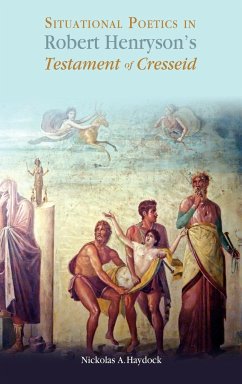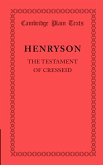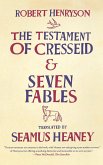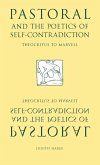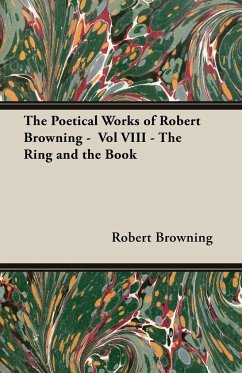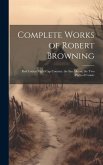"Situational Poetics is a deep, cultural history of Henryson's problematic Testament of Cresseid. This book offers wonderful insights throughout, from its analysis of the hybrid "dislocations and double consciousness" of late medieval Scottish literature, Henryson's "Virgilian" career, his admixture of tragedy and satire in the Testament, and the anamorphic temporalities that link Chaucer, Henryson and Shakespeare in their telling and re-telling of the Troilus and Criseyde story. This is an utterly compelling study of Henryson's Testament, one that promises to re-shape completely our understanding of the poem." --Stephanie Trigg, Professor of English, University of Melbourne "A remarkably ambitious attempt to re-situate Henryson's Testament of Cresseid within literary history and to recover the author's deliberately constructed career-profile from the many accidents of transmission. ... the first ever view of Henryson "in the round." --Tom Shippey, Professor Emeritus, St. Louis University "Nickolas Haydock's new book on the great Scot poet Robert Henryson manages to do several things at once that seemed to the rest of us to be incompatible. He firmly places Henryson's work in literary history, but renders him accessible and even in dialogue with new ways of thinking about literature and culture. He is respectful of Henryson's canonical place in Scottish identity but raises questions about how literature works in making national and ethnic identities. Haydock gives us a Henryson for the twenty-first century." --John M. Ganim, Professor of English, University of California, Riverside

